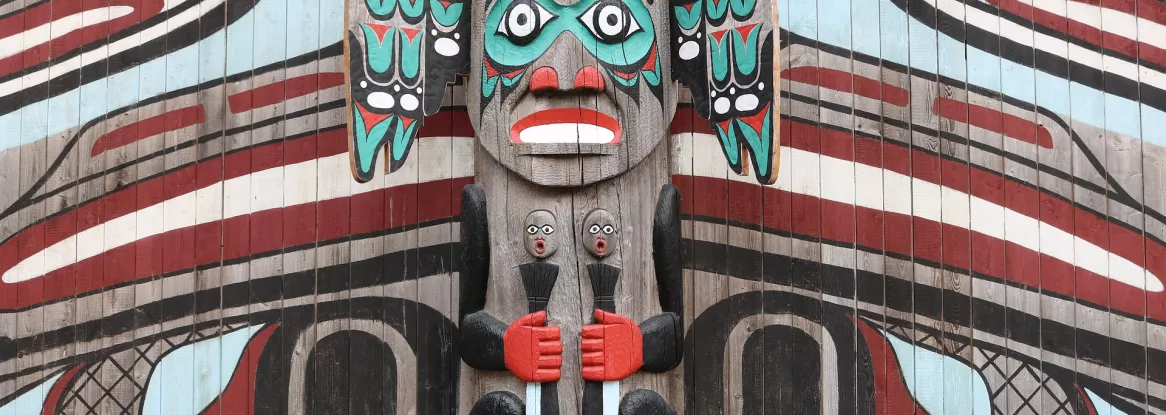By Agnieszka Gautier
In traditional approaches to research, it is standard to consider knowledge generated through the research project the “property” of the researchers and institutions involved. By contrast, Indigenous Knowledge is fundamentally community-based, not belonging to one individual, with observations and valuable contributions being gained and passed down from generation to generation. There is growing acknowledgement that Indigenous Knowledge is key to better understanding the natural world, especially in the face of climate change.
ELOKA sets an example
In 2007, a program was launched at the National Snow and Ice Data Center (NSIDC) called the Exchange for Local Observations and Knowledge of the Arctic (ELOKA), which recognized the importance of Indigenous Knowledge in understanding changes to the Arctic. On November 30, 2022, the White House released a guidance document that identifies ELOKA as an example of a successful data management program that serves both Indigenous communities and federal agencies.
The US Office of Science and Technology Policy (OSTP) and Council on Environmental Quality (CEQ) issued the “Guidance for Federal Departments and Agencies on Indigenous Knowledge,” to ensure federal agencies include Indigenous Knowledge to inform federal research, policy, management, and decision making. According to the document, Indigenous Knowledge is one of many important types of knowledge that contributes to the scientific, technical, social, and economic advancements of the United States. Therefore, with the guidance in the hands of federal agencies, the goal is to foster collaborations with Tribal Nations for improved outcomes.
What is Indigenous Knowledge?
Indigenous Knowledge consists of observations, oral and written knowledge, skills, and philosophies developed by Indigenous Peoples through daily interactions with their natural surroundings. The engagement of Indigenous Knowledge in understanding the changing Arctic also offers a model for other regions of the world; since the Arctic is warming at a faster rate than the rest of the planet, the region is an early-warning system that may inform action to address global change.
Funded by the National Science Foundation (NSF), ELOKA fosters collaboration between resident Arctic experts and visiting researchers to collect, preserve, exchange, and use local observations and Indigenous Knowledge of the Arctic. A key component of ELOKA’s mission is to support data sovereignty for Indigenous communities so they may manage and share their knowledge in an ethical manner.
ELOKA within the guidance document
The White House guidance lists examples of ELOKA’s web-based atlases, the document highlights the interdisciplinary, multimedia approach to collecting and preserving knowledge. The document states, “ELOKA is built upon a foundation of trust and mutual respect, and demonstrates how Agencies can support open data policies while respecting Indigenous data sovereignty.”
While this guidance is intended for federal agencies, it may still be useful for researchers, scholars, and educators working with Indigenous Knowledge.

